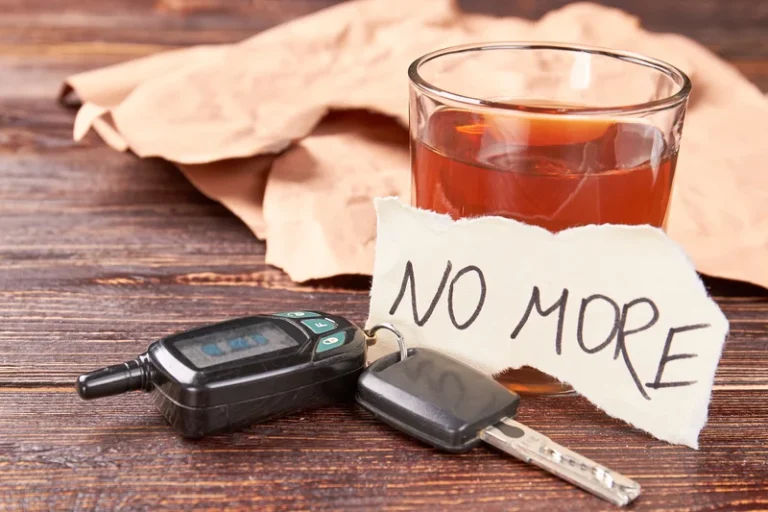
When these mice were treated with a drug to increase serotonin levels in a region of the brain, the neurons formed substantially more dendritic spines than in mice without the protein. “It’s interesting that psychedelics can act on them, but I don’t know if the brain necessarily needs to use them when performing its normal function.” Instead, he suggests that the internal receptors might be a reserve pool, ready to replace those that get degraded on the cell surface. Animal studies have shown that psychedelics can make axons, the long threadlike fibers that transmit messages between https://ecosoberhouse.com/ nerve cells, start to make new connections, he explained.

Cross-sectional and Case-control Studies
This suggests that additional, non-NMDAR-mediated effects of ketamine mediate its striking antidepressant action, although the role of subtype specific binding to NMDRs of the different antagonists cannot be ruled out. The estimated associations between the use of psychedelics are presented as adjusted odds ratios (aOR), 95% confidence intervals (CI), and p-values. A statistically significant odds ratio greater than one indicates an association, and an odds ratio less than one indicates an inverse association.
Participants and procedure
Together, these results suggest that increased processing of sensory information, potentially as a result of decreased thalamic gating, and concurrently reduced integration capacity because of diminished associative network integrity may underlie psychedelic experiences. It is possible that the altered integration of sensory perceptions facilitates a novel experience of the self and its environment and may help to reduce rigid or ruminative thinking patterns as observed in psychiatric disorders. In clinical trials, patients are encouraged to look inwards and engage fully with their minds. Preparation sessions emphasize adopting the attitude of “trust, let go, and be open.” The patient will ideally be willing to embrace any content, however challenging or painful, that emerges during the dosing session. The psychedelic experience is often considered ineffable and can take the form of intense memories, surrealist imagery, contact with entities, profound insights, or any number of other possibilities. In preparation for the psychedelic experience, patients will ideally learn to not fight the process.
- Classic serotonergic psychedelics, including substances such as psilocybin, lysergic acid diethylamide (LSD), N,N-dimethyltryptamine (DMT), and mescaline, have demonstrated a broad spectrum of positive effects on mental health and well-being in both clinical trials1 and naturalistic settings2.
- But sometimes that wiring results in unhealthy connections becoming strengthened, resulting in tenacious mental illnesses like long-lasting depression or anxiety.
- Although the research on psychedelic medicine is promising, it’s important to note that these studies involved very careful administration of these drugs in a clinical setting under the supervision of doctors.
- The possibility exists that drugs like psilocybin can meet a major unmet need in the treatment of psychiatric disorders.
- Experiences of interconnectedness, a felt sense of the unity of all things, were described explicitly by patients in various psilocybin studies 53, 81–83.
Psychedelics And Mental Health: What Does The Science Say?
GMG critically discusses two of the largest and better designed trials in the next section (Griffiths et al, 2016; Ross et al, 2016). The question, however, is not just whether microdosing is effective, but also whether it’s safe. Until clinical trials are complete, we will not have a full answer, but there is already research to suggest that certain people may be vulnerable to negative side effects. In particular, some people may have psychotic episodes or other mental health issues triggered by taking psychedelics, especially if they have a history of psychosis or pre-existing risk for serious psychiatric disorders like schizophrenia or bipolar disorder. Although microdosing involves a much lower amount of the drug, it is still possible that the negative consequences may hold true. The physiological mechanisms for inducing and maintaining ketamine’s lasting effects in humans are not yet understood well enough to design similar therapeutics with improved durability and safety.
- On the other hand, some clinical data suggest that dissociation is neither necessary (Leal et al., 2020) nor sufficient (Williams et al., 2018) to account for ketamine’s efficacy.
- With respect to alcohol use disorder, safety and tolerability data from a pilot population have already been published (Sessa et al., 2019), and a Phase 2 clinical trial designed to evaluate changes in alcohol use disorder is currently underway (Bristol Imperial MDMA in Alcoholism Study, 2020).
- Since it is not well understood how psychotherapies contribute to change 127, it remains important to study these complexities more closely.
- It’s thought that people get “stuck” because the brain is designed to be good at developing habits, said Chris Tuell, a professor of psychiatry and behavioral neuroscience and director of addiction services at the University of Cincinnati’s College of Medicine.
- The schedule I status of most psychedelics imposes a ceiling on many policy recommendations.
This tied in closely with participants’ ability to accept, and surrender to, the difficult emotions they experienced 53, 81, 82, 85, 88. “Emotionally it was a roller coaster ride … The first time it was very brutal, painful, at least emotionally very painful. I could not even say in which direction—it just hurt, like heartache, like being disappointed, like everything you once had experienced as a negative feeling. Love, expansion, holding, I knew that this sometimes happens, that participants talk about spiritual experiences. I thought they just meant this dissolution of oneself – everything is okay, everything is great.
Improving access and acceptance
It’s becoming an alarming trend, and it’s vital are psychedelics addictive that we act now to protect them,” Abel urged. “We don’t have substantial evidence to support its safe use at this point in time,” he warned. The unregulated nature of these products poses significant risks, as the concentration of psilocybin is often unknown, and the packaging fails to provide accurate labelling.

Psychedelic effects can be long lasting

In general, recent clinical research studies have not reported long-term harms stemming from psychedelic therapy. Ketamine (the only psychedelic drug currently FDA-approved for mental health treatment) has also not been shown to be addictive when used properly in a controlled medical setting, explains Dr. Radowitz. While more research is required to determine the “active ingredient” of classical psychedelic therapies, many consider such intense subjective effects, including mystical experiences, to be essential for therapeutic benefit 36. However, others disagree, and attempts are underway to engineer “non-hallucinatory” psychedelics which achieve therapeutic benefit while avoiding subjective effects 37. We used a standard alpha of 0.05; however any significant results should be considered in the context of the number of statistical analysis performed.
